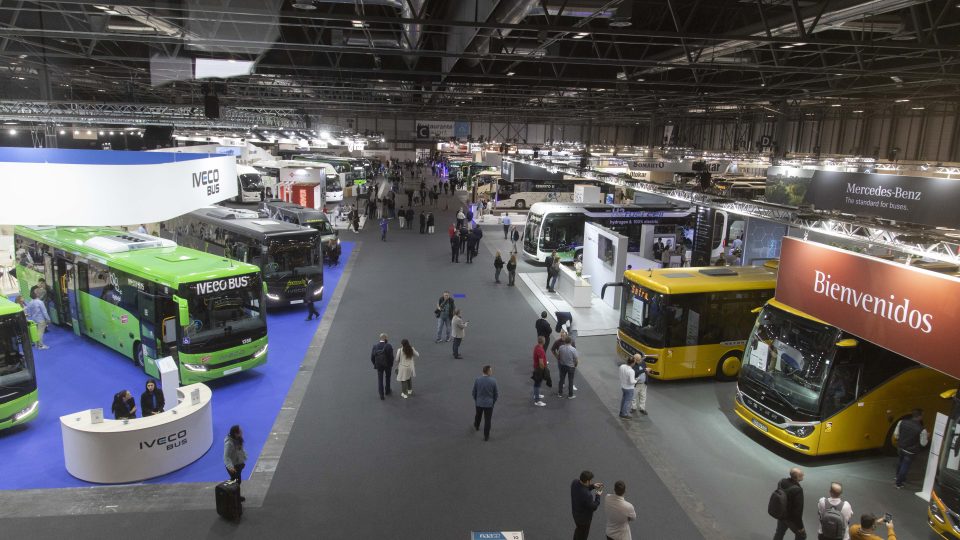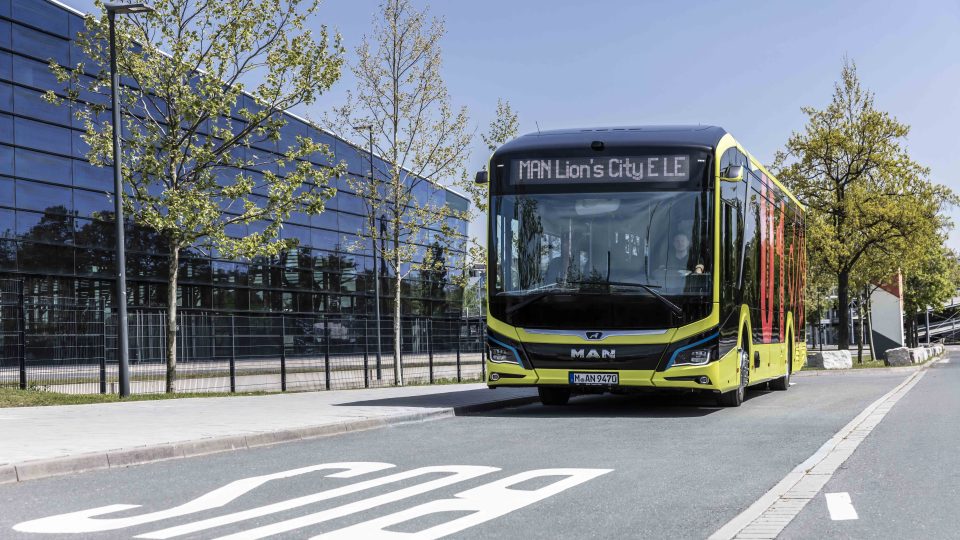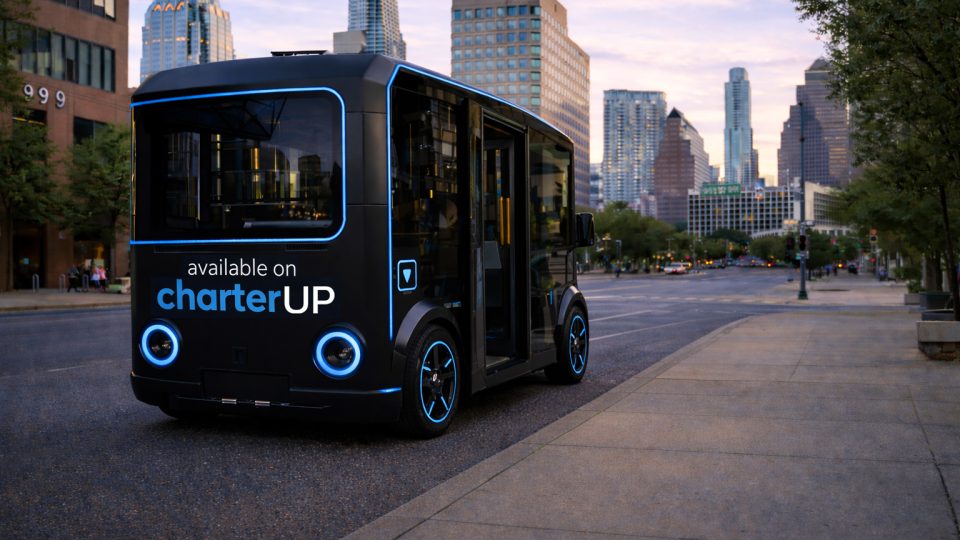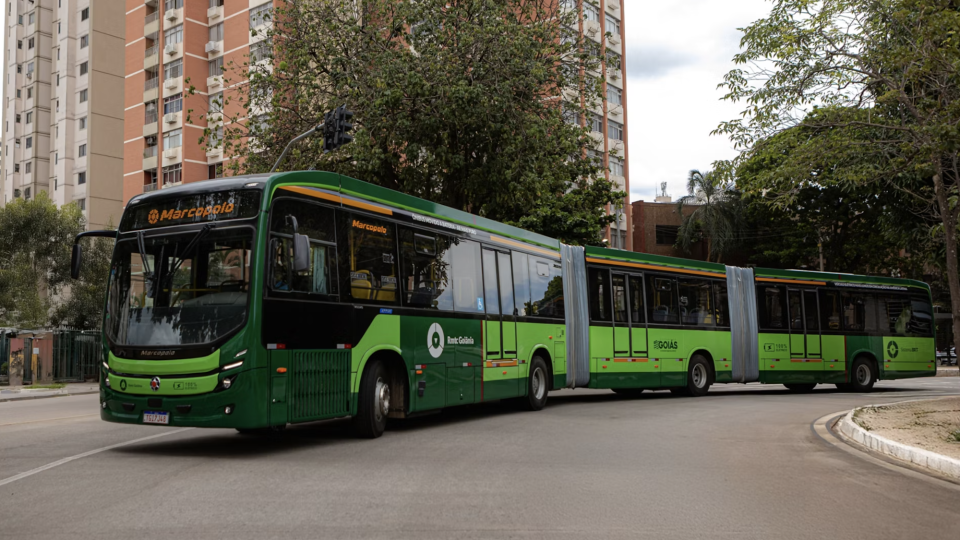BYD to triple e-bus and e-truck production in Hungary with new plant in Komárom
BYD will expand its production footprint in Europe with a new facility in northern Hungary. The company plans to invest 32 billion forints (approximately $94 million) in the construction of a new plant in Komárom, tripling its local production capacity to 1,250 electric buses and trucks annually, as reported on Reuters and other media. The […]

BYD will expand its production footprint in Europe with a new facility in northern Hungary. The company plans to invest 32 billion forints (approximately $94 million) in the construction of a new plant in Komárom, tripling its local production capacity to 1,250 electric buses and trucks annually, as reported on Reuters and other media. The investment was also celebrated by BYD itself with a video on its Youtube channel.
The announcement was made by Hungarian Minister of Foreign Affairs and Trade, Péter Szijjártó, who emphasized the strategic value of the partnership between Hungary and China. “We Hungarians do not consider East-West cooperation a threat, but rather an opportunity, a big opportunity,” Szijjártó said, adding that the Hungarian government will support the project with a 3.1 billion forint grant (around 7.7 million euros).
BYD bus assembly plant in Komárom started operations in 2017, and now is the only foreign-owned bus factory in a country which has a huge heritage in bus and coach manufacturing.
BYD to increase bus production in Hungary
Under the leadership of Prime Minister Viktor Orbán, Budapest has actively courted Chinese capital, particularly in the fields of electric mobility and battery manufacturing. In this latter segment, Márton Nagy, national economy minister of Hungary stated at a press event in September 2023 that the government has plans to build up an annual battery production capacity of 250 GWh in the next few years, which, according to him, would cover 35 percent of the European needs and would put the country to the fourth place worldwide, right after China, the United States and Germany. Indeed, by November 2023, battery production capacity in Hungary reportedly already reached 87 GWh/year, not including the newest SK Innovation plant, which is expected to begin production soon and to provide an additional output of 30 GWh/year alone when operating on full throttle.
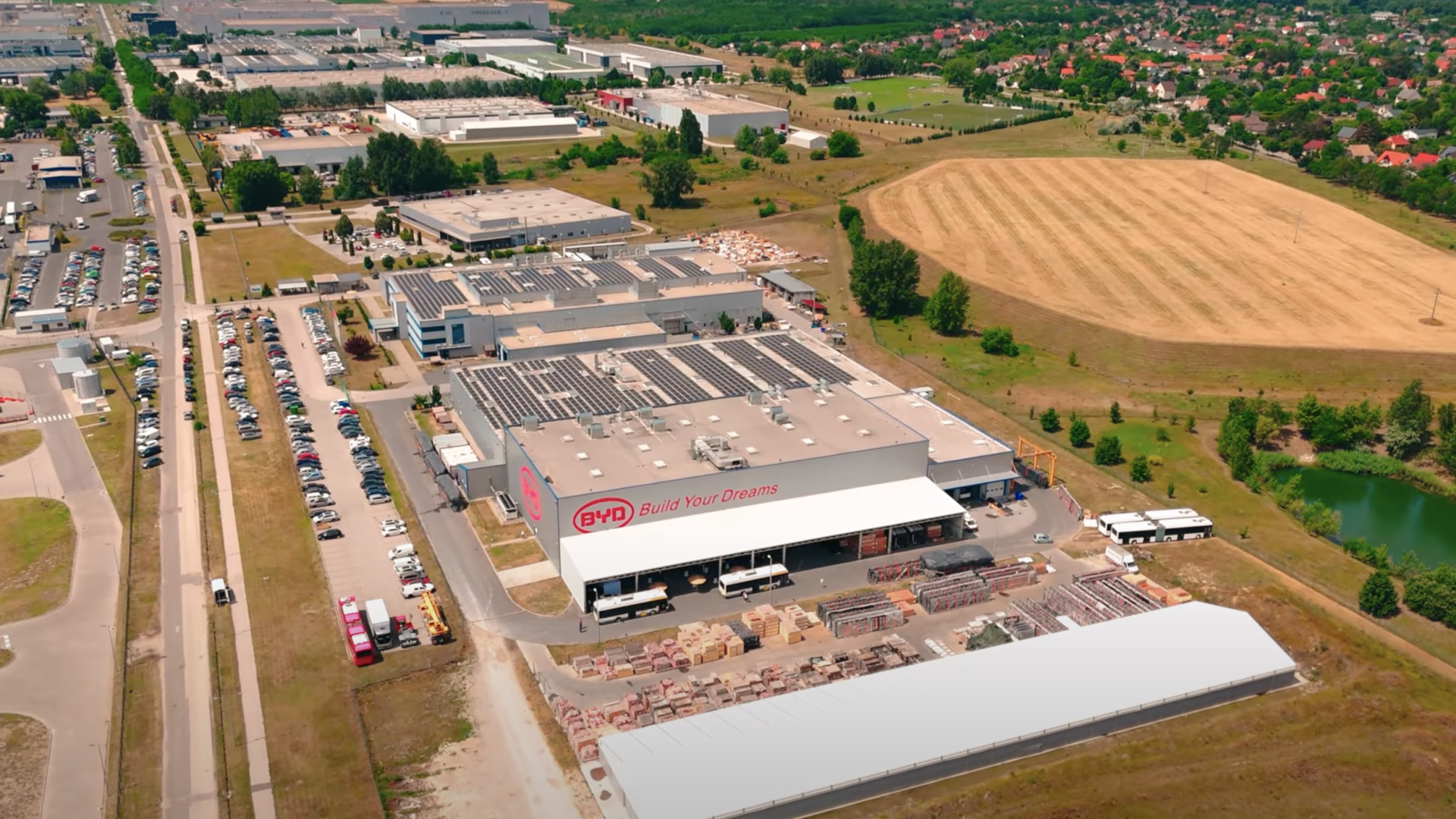
The Komárom expansion comes in addition to BYD’s electric car manufacturing facility currently under development in Szeged, in southern Hungary. As part of its latest investment, the company will also establish a local research and development laboratory—seen as a gesture of goodwill toward Hungary’s firm stance against proposed EU tariffs on Chinese-made EVs.
According to Szijjártó, “Hungary received nearly a third of all Chinese inward investment into Europe last year,” bringing the total stock of Chinese investment in the country to 5.5 trillion forints (around $16 billion), across 64 large-scale projects.



